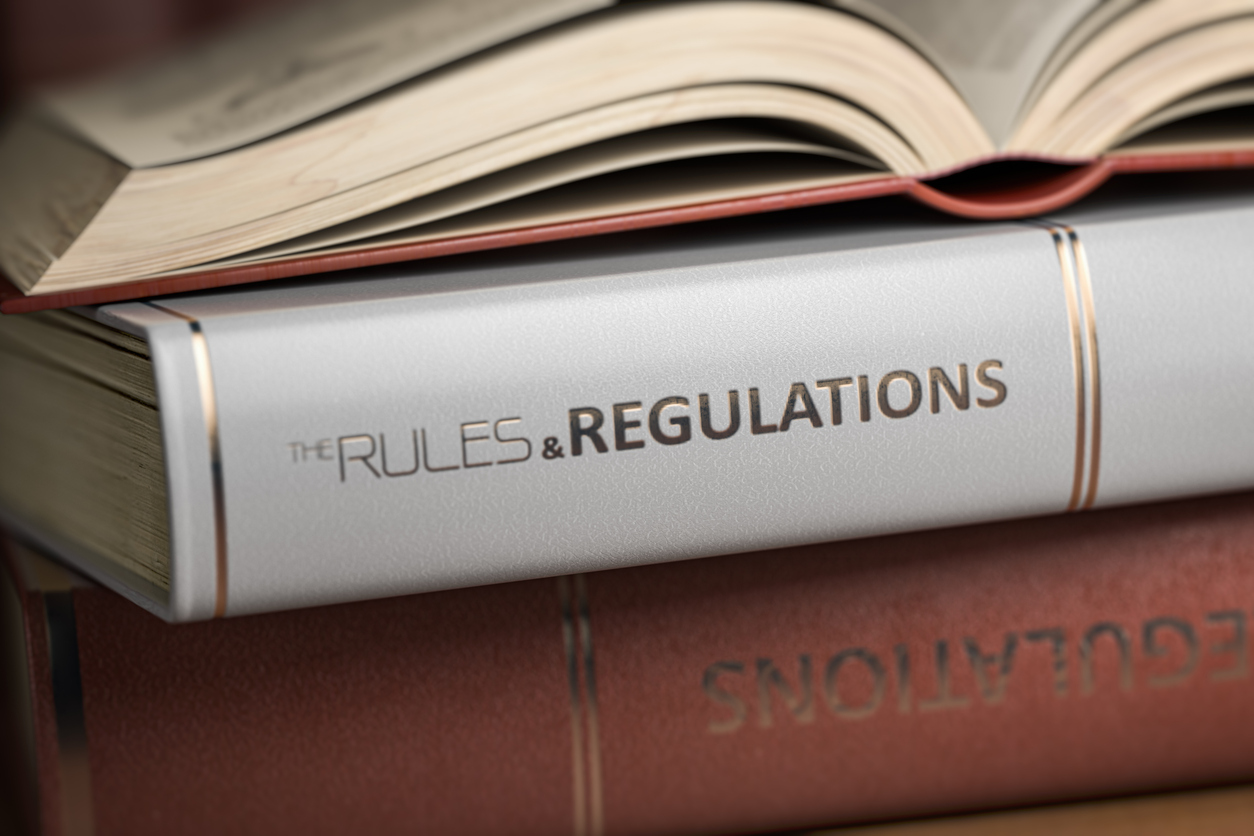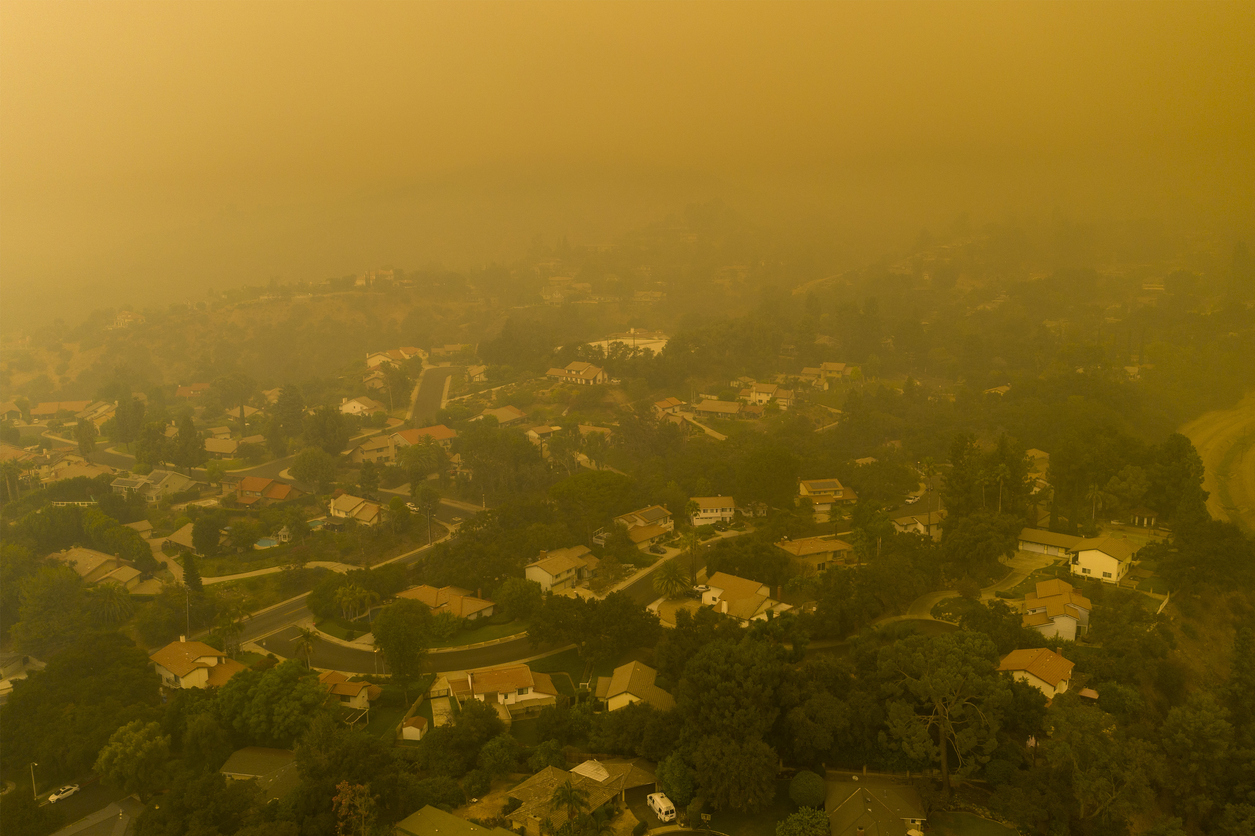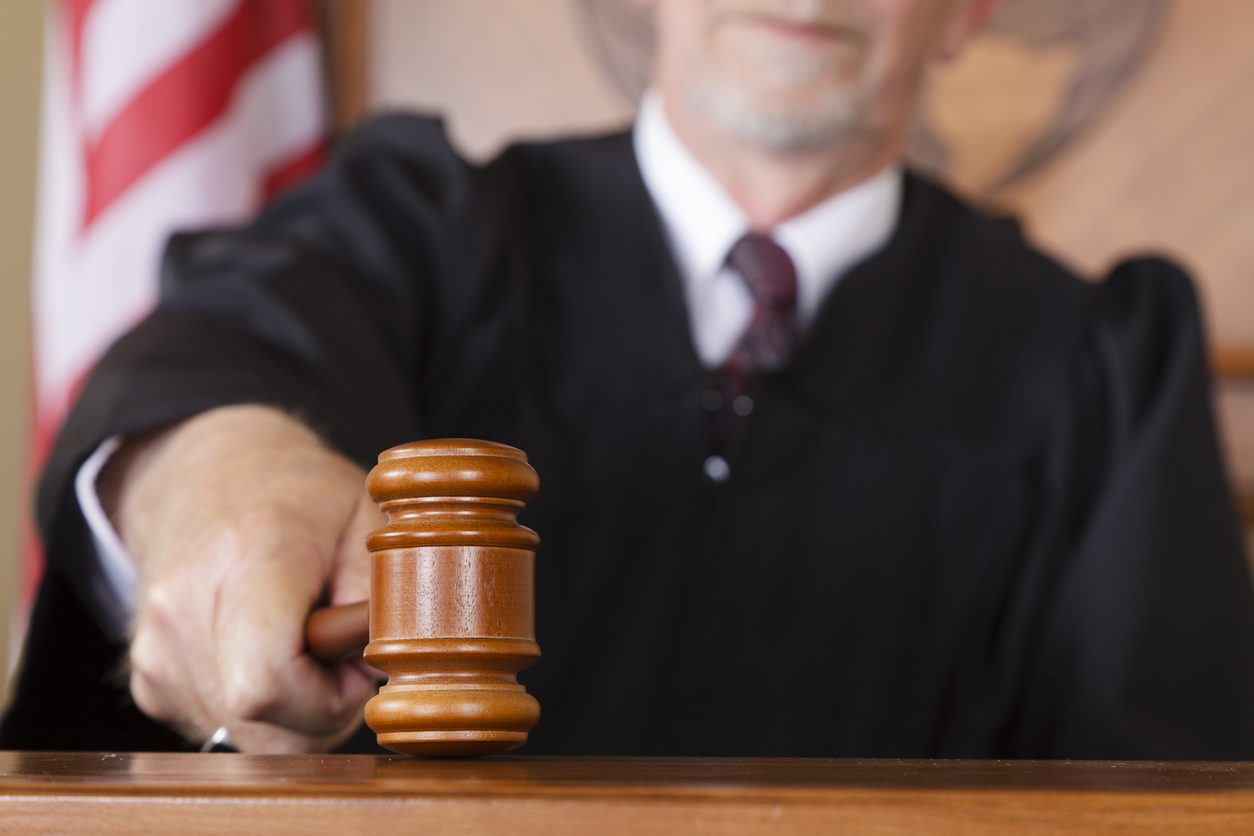One of my favorite Winston Churchill quotes is, “If you are going through hell, keep going.” This continuing review of recent Colorado insurance coverage law is another reminder to policyholders, public adjusters, and plaintiff’s insurance coverage lawyers of the light at the end of the tunnel. (Also, the Broncos’ two losses forced me to change my blog post focus from NFL adrenaline last week, to holiday gifts this week.)
The light at the end of the tunnel arrived this year just in time for the holidays. On December 8, 2011, the Colorado Court of Appeals issued Kisselman v. Am. Family Mut. Ins. Co., No.10CA1453, 2011 WL 6091708 (Colo. App. 2011), and specifically addressed several unanswered questions regarding Colorado’s newer statutory insurance prompt payment statutes, C.R.S. 10-3-1115 and –1116, enacted in August 2008.
Mr. Kisselman was severely injured in a car accident on April 4, 2005, by an underinsured driver. Although Kisselman paid premiums for auto and umbrella coverage up to $1.1 million, American Family Insurance refused to pay the insurance benefits owed to him until four years later on January 15, 2009. Kisselman at *1. American Family paid the benefits only after arbitration and a lawsuit. The issue on appeal was whether C.R.S. 10-3-1115 and -1116 applied prospectively to American Family’s post-litigation acts of unreasonable delay and denial.
The Kisselman opinion contains three excellent holdings:
1. An insurer’s post-litigation conduct is relevant evidence of bad faith, and may be the basis for adding a new claim for violation of C.R.S. 10-3-1115 and -1116.
Evidence of bad faith conduct that occurs after the filing of the initial complaint is admissible because the evidence is “a continuation of the same difficulties that preceded the filing of the complaint” and is relevant as evidence of a pattern of an insurer’s bad faith dealings with an insured. Southerland v. Argonaut Ins. Co., 794 P.2d 1102, 1106 (Colo.App.1990). Therefore, because “bad faith breach of insurance contract encompasses an entire course of conduct,” an insurer’s ongoing bad faith conduct is relevant to a common law bad faith claim . . .
The insurer also violates C.R.S. 10-3-1115 if it engages in post-litigation acts of unreasonable delay or denial “regardless of when an insured originally made a claim for benefits under his or her insurance policy.” Kisselman at *13.
This holding is significant, given its probable effect on discovery during litigation. Counsel for insurance companies sometimes delay discovery, file numerous motions, refuse to disclose documents and force insureds to file motions to compel, or erroneously remove cases to federal court solely for the purpose of increasing the cost of litigation for the insured– and to further delay payment of benefits owed. Fortunately, the Kisselman Court specifically stated,
sections 10–3–1115 and –1116 announce a new private right of action which, in the view of the General Assembly, was necessary to curb perceived abuses in the insurance industry, despite any pleading or docketing problems that may ensue.
Kisselman at *13. This ruling should help curb some of these litigation abuses by insurers and help prevent insurers from forcing insureds into submission by outspending insureds in litigation.
2. C.R.S. 10-3-1115 and -1116 impose on insurers a statutory standard of liability in addition to and different from that required to prove a claim for breach of the common law duty of good faith.
we conclude the General Assembly intended the Statutes to impose a new statutory duty on insurers not to “unreasonably delay or deny payment of a claim for benefits owed,” which duty would be breached if the insurer had no “reasonable basis” to delay or deny the claim for benefits. See § 10–3–1115(1)(a), (2) . . . the Statutes impose on insurers a statutory standard of liability that is in addition to and different from the common law standard expressed in section 10–3–1113.
See Kisselman at *10. This holding should put an end to insurers’ arguments that Colorado bad faith and statutory claims are duplicative.
3. The insured’s burden of proving a C.R.S. 10-3-1115, -1116 statutory claim is less onerous than the burden to prove a claim under the common law for breach of the duty of good faith and fair dealing.
Although the plain language of the statute indicated the burden was less onerous, insurers and their counsel continued to argue that the higher burden for bad faith applied. The Kisselman court examined the legislative history and quoted from the hearings on H.B. 1407 before the H. Comm. on Business Affairs & Labor, 66th Gen. Assem., 2d Sess. (Apr. 24, 2008):
Representative Mitchell, you’re right. There is an existing standard in the law that requires an insurer to uphold the duty of good faith and fair dealing. But, the standard at least as case law has defined it is, a breach of that duty occurs when the insurer either knew that its delay or denial was unreasonable, which is hard for anybody to prove what the company or anyone actually knew, or when the insurer recklessly disregarded the fact that its delay or denial was unreasonable. And, again, I think, reckless, willful, wanton, knowing, those standards are pretty high.
. . . Later, Speaker Romanoff stated, ‘I believe the existing standard is too high,’
The court pointed to these legislators’ statements “further clarifying that the purpose of the bill was to announce a standard of conduct in the first-party context in addition to and less onerous than the common law standard of good faith and fair dealing.” Kisselman at *11.
Kisselman is another bright spot in the sometimes dim world of insurance coverage law. And… there are more Christmas, Hanukkah and Kwanzaa gifts of 2011. Progress has been made at the Colorado district court level on the issue of whether scope of damage is subject to appraisal. See my September 23, 2011 post, Is Scope of Damage or Scope of Repair Subject to Appraisal? More on that good news next week.



